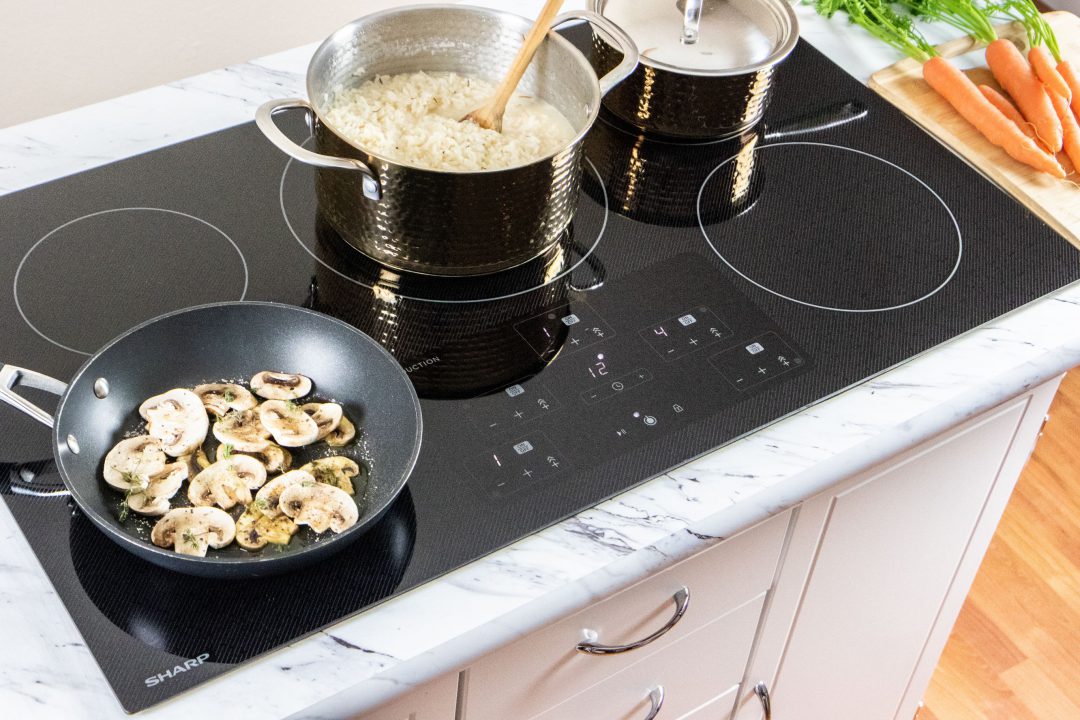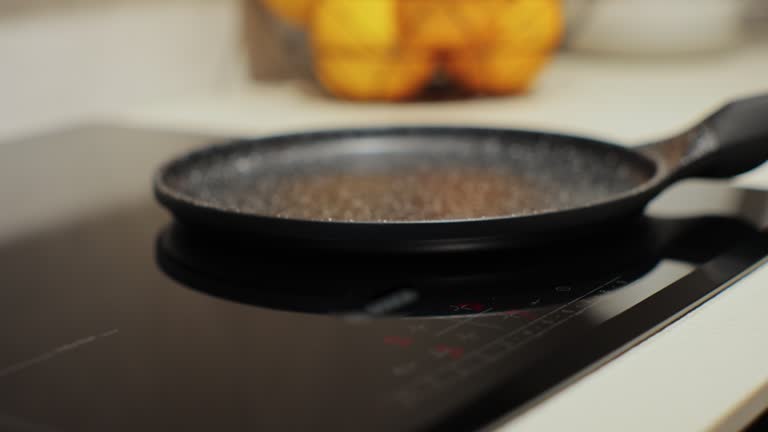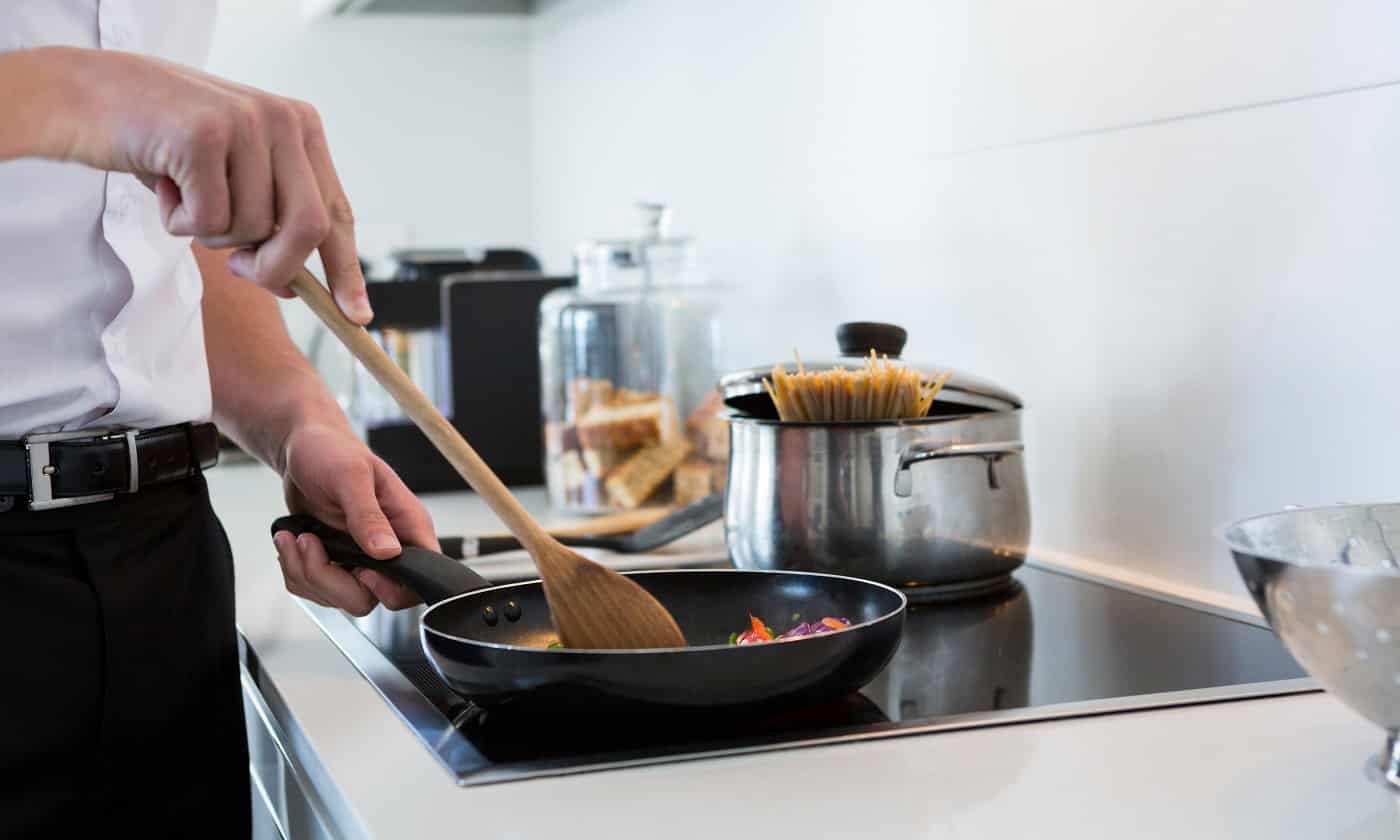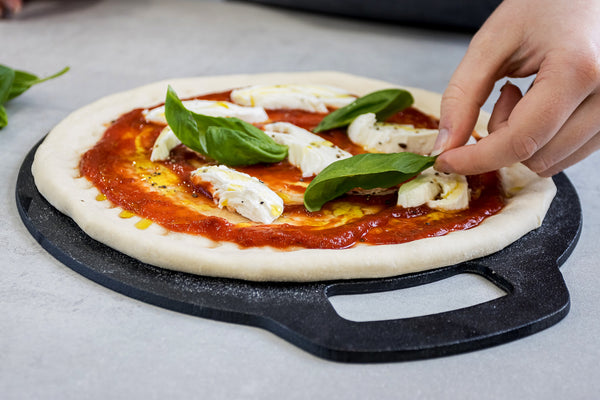As a kitchen professional, you might often wonder about the maintenance needs of your trusted cookware. One question that frequently arises is, 'Do I need to re-season cast iron after induction?' Cast iron is a staple in many kitchens due to its durability and excellent heat retention, making it ideal for a variety of cooking techniques. However, when it comes to using cast iron on an induction cooktop, there are some nuances to consider.
Induction cooking is gaining popularity for its efficiency and precision. But how does this modern technology impact the traditional cast iron? Let's dive into the details and explore whether re-seasoning your cast iron is necessary after using an induction cooktop.

Understanding Induction Cooking
Before we delve into the seasoning aspect, it's crucial to understand how induction cooking works. Induction cooktops use electromagnetic fields to directly heat the cookware, rather than using a flame or a heating element. This method provides quick and even heating, which is highly desirable in professional kitchens.
The compatibility of cast iron with induction is well-documented. Due to its ferrous nature, cast iron is naturally induction-compatible. This means it can efficiently conduct the electromagnetic energy, allowing for excellent heat distribution. For a deeper understanding of how induction cooktops function with cast iron, you can visit this resource.
Why Seasoning Matters
Seasoning is the process of applying a layer of oil that is baked onto the surface of the cast iron. This not only provides a non-stick layer but also protects the metal from rust and enhances the flavor of the dishes you cook. Regular seasoning is essential to maintain the quality and longevity of your cast iron cookware.
When using cast iron on an induction cooktop, the even and consistent heat can cause the seasoning to wear off more quickly than on traditional stovetops. This is because the high heat from induction can break down the oil more rapidly, necessitating a more frequent re-seasoning process.
Should You Re-season After Induction?
The short answer is yes, but with some considerations. If you notice your cast iron is losing its non-stick quality or showing signs of rust, it's time to re-season. The frequency of re-seasoning will depend on how often you use the cast iron on induction and what types of foods you cook. Acidic foods, for instance, can strip the seasoning layer faster.
To effectively re-season your cast iron, follow these steps:
Steps to Re-season Cast Iron
- Clean the pan thoroughly with hot water and a stiff brush. Avoid using soap as it can strip the seasoning.
- Heat the pan on the induction cooktop until it's completely dry.
- Apply a thin layer of vegetable oil or melted shortening to the entire surface of the pan, including the outside and handle.
- Preheat your oven to 350F (175C) and place the pan upside down on the middle rack. Place a sheet of aluminum foil or a baking sheet below to catch any drips.
- Bake for one hour, then turn off the oven and let the pan cool inside. This allows the oil to bond to the surface, creating a durable non-stick layer.
For more seasoning tips and insights, you might find this guide useful.
Maintaining Your Cast Iron
Regular maintenance of your cast iron is essential to ensure its longevity and performance. After each use, clean your pan with hot water and a brush, then dry it completely to prevent rust. A light coating of oil after drying can help maintain the seasoning until the next use.
Remember, the key to a well-seasoned cast iron is consistent care and attention. By incorporating these practices, you can ensure that your cookware remains in top condition, even with frequent use on induction cooktops.
Conclusion
In conclusion, while induction cooking offers many benefits, it does require more vigilance in maintaining your cast iron cookware. Regular re-seasoning is advisable to keep your pans in optimal condition. By understanding the interaction between cast iron and induction, you can continue to enjoy the many culinary advantages this combination offers.
For further reading on how to enhance your cooking techniques with sizzling platters, check out these presentation tips.

FAQs
Can I use cast iron on any induction cooktop?
Yes, cast iron is compatible with all induction cooktops due to its ferrous nature, which allows it to conduct electromagnetic energy efficiently.
How often should I re-season my cast iron pan?
The frequency of re-seasoning depends on use. If you use your cast iron frequently on induction or cook a lot of acidic foods, consider re-seasoning every few months.
Does re-seasoning affect the flavor of food?
Yes, re-seasoning can enhance the flavor of food by maintaining a consistent non-stick surface that allows for better browning and flavor development.






Leave a comment
This site is protected by hCaptcha and the hCaptcha Privacy Policy and Terms of Service apply.